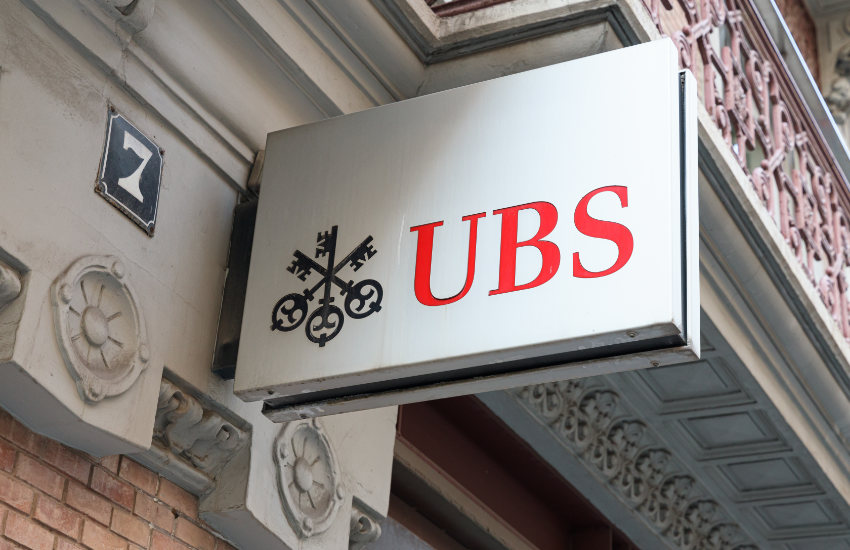UBS is the latest bank to launch a blockchain-based solution aimed at businesses and institutions. Given the frequent delays in cross-border payments, the appeal lies in the ability to instantly transfer money between different UBS branches around the world. So far, it has driven domestic transactions and international payments in US dollars, Swiss francs, euros and Chinese renminbi on its private blockchain.
The main advantages of this type of solutions are the ability to transfer money instantly across borders, including 24/7, increased transparency and the ability to schedule conditions. With digital payments, the transfer either happens or it doesn’t. There is therefore less risk of payments being in limbo, as sometimes happens on conventional payment rails.
For corporate treasurers, this means they can ensure money is in the right place at the right time and control the extent of credit charges or the size of cash reserves. Programmability allows them to incorporate conditions relating to when payments are made.
“Blockchain-based payment solutions for cross-border payments are a strategic focus for UBS,” says Andy Kollegger, Head of UBS Institutional & Multinational Banking.
One of the participants in the pilot project was the automotive supplier Autoneum. Commenting on UBS Digital Cash, Jank Hahn, Head of Treasury at Autoneum, said: “They make cross-border transactions faster, on time and provide transparent traceability, which is a huge advantage when operating on a global market. »
UBS bets on blockchain
UBS highlighted how this complements its participation in wholesale central bank digital currency (wCBDC) trials under the Helvetia project in Switzerland and the BIS Agorá cross-border payments project.
Three Swiss banks, including UBS, are exploring tokenized interbank deposit payments under the umbrella of the Swiss Banking Association.
The bank is also a founder of Fnality, the blockchain-based wholesale settlement solution that tokenizes central bank money.
UBS has been leveraging blockchain for years and was an early adopter of solutions supporting intraday transactions, including for collateral mobility. It was an early adopter of Broadridge’s intraday repo (DLR) solution in the United States, including for cross-border transactions. In Europe, it adopted HQLAᵡ very early. Additionally, he participated in the testing of the soon-to-be-launched intraday FX swap platform Finteum.
Meanwhile, UBS joins other banks launching tokenized deposits or blockchain-based bank accounts, with JP Morgan being the first to launch JPM Coin (now Kinexys Digital Payments). Last year, Citi unveiled a pilot of Citi Token Services that went live this year. And last month, DBS Bank launched DBS Token Services.
Ledger Insights Research has released a report on banking stablecoins, tokenized deposits and DLT payments, outlining more than 70 projects.




